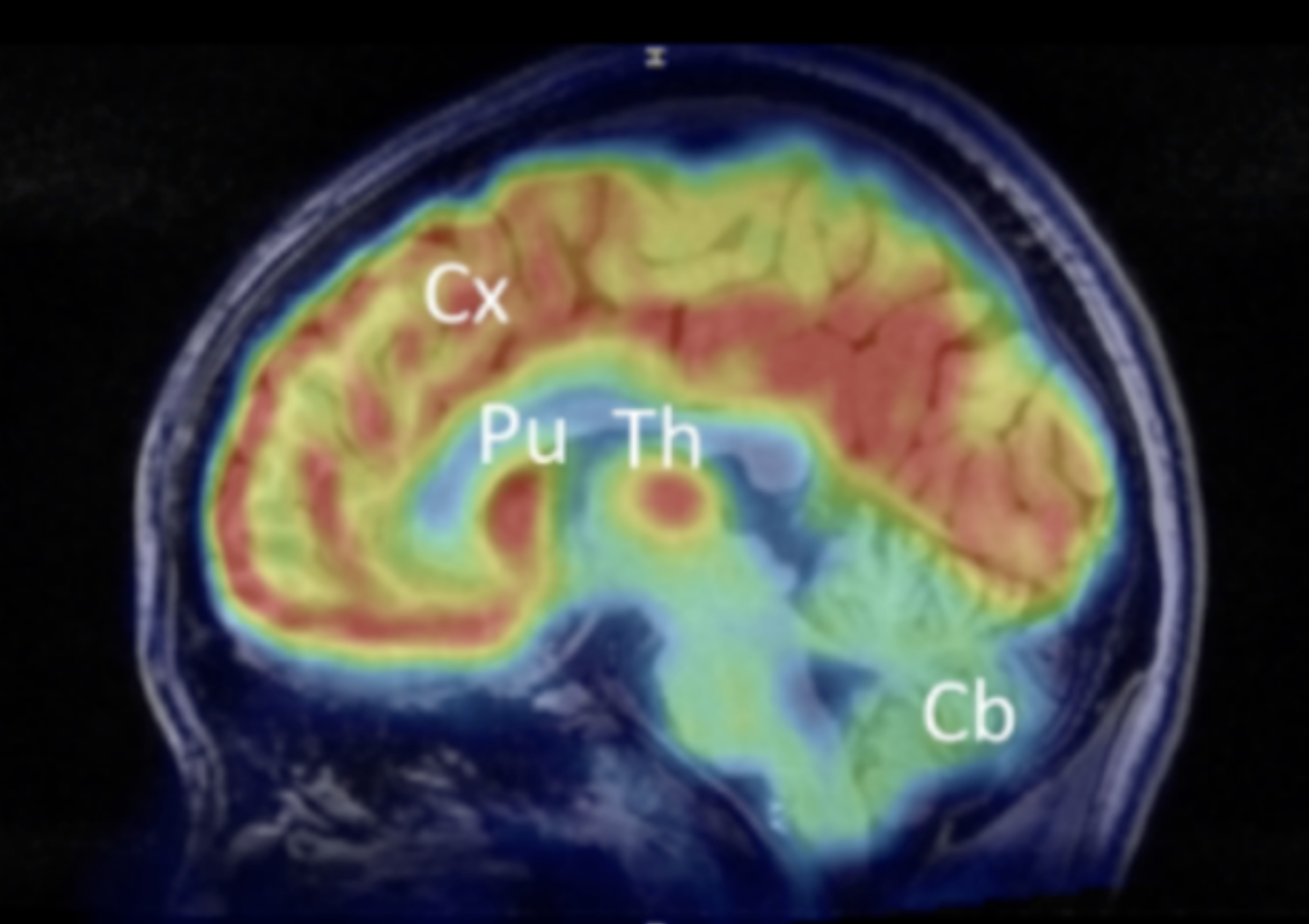Stanford and Emory BrainGate may literally give a voice to the voiceless; Reunion Neuroscience announced positive topline results.
Reunion Neuroscience announced positive topline results from its Phase 2 clinical trial of its lead product candidate RE104, which is designed to treat postpartum depression (PPD).
77.1% of patients treated with RE104 demonstrated a response to therapy at Day 7, and remission rates were maintained through the Day 28 follow-up.
PPD remains the most common complication of pregnancy and childbirth in the U.S., affecting approximately 15% of new mothers within the first year after giving birth, with nearly 500,000 women in the U.S. diagnosed annually. Here’s more on Reunion’s results: https://clinicaltrials.gov/study/NCT06342310?tab=table
Researchers at Stanford University and Emory BrainGate announced that they successfully decoded the silent monologue in a person’s mind with up to 74 percent accuracy.
The study examined four patients with severe paralysis caused by either amyotrophic lateral sclerosis (ALS) or a brainstem stroke. Microelectrodes were implanted in their motor cortex. This is the part of the brain responsible for controlling speech. Participants were then asked to either attempt to speak or imagine speaking a series of words.
The results showed that both attempted and imagined speech activated overlapping brain regions and produced similar neural patterns. With the help of trained AI models, the system decoded imagined sentences with notable success, reaching an accuracy of up to 74 percent across a 125,000-word dataset.
Study authors said this breakthrough opens up new possibilities for individuals who are unable to speak due to severe paralysis or other neurological conditions. Check it out: https://www.cell.com/cell/fulltext/S0092-8674(25)00681-6
According to a new study published in the journal Alzheimer’s and Dementia, omega fatty acids could potentially help stave off Alzheimer’s disease in women.
Researchers from King's College London and Queen Mary University London discovered that there was a noticeable loss of unsaturated fats, including those containing omega fatty acids, in the blood of women with the disease.
The study’s team noted a steep increase in lipids with saturation – also known as “unhealthy lipids” – in women with Alzheimer’s compared to women without it. However, there was no difference between these fat molecules in men with and without a diagnosis of Alzheimer’s, which researchers say could help deepen knowledge about why more women than men are diagnosed with Alzheimer’s disease. Here’s more: https://alz-journals.onlinelibrary.wiley.com/doi/10.1002/alz.70512
Did you know that cholesterol is vital to normal brain functions such as learning and memory?
The brain actually has a higher cholesterol content than any other organ, with about 25% of the body’s cholesterol residing within the brain. The brain is actually highly dependent on cholesterol, but its cholesterol metabolism is unique in that the blood-brain barrier prevents brain cells from taking up cholesterol from the blood, so the brain must produce its own cholesterol. That cholesterol is much more stable than the cholesterol in other organs, but when it does break down it’s recycled into new cholesterol right inside the brain. Check it out: https://www.sciencedirect.com/science/article/abs/pii/S0149763410000941
